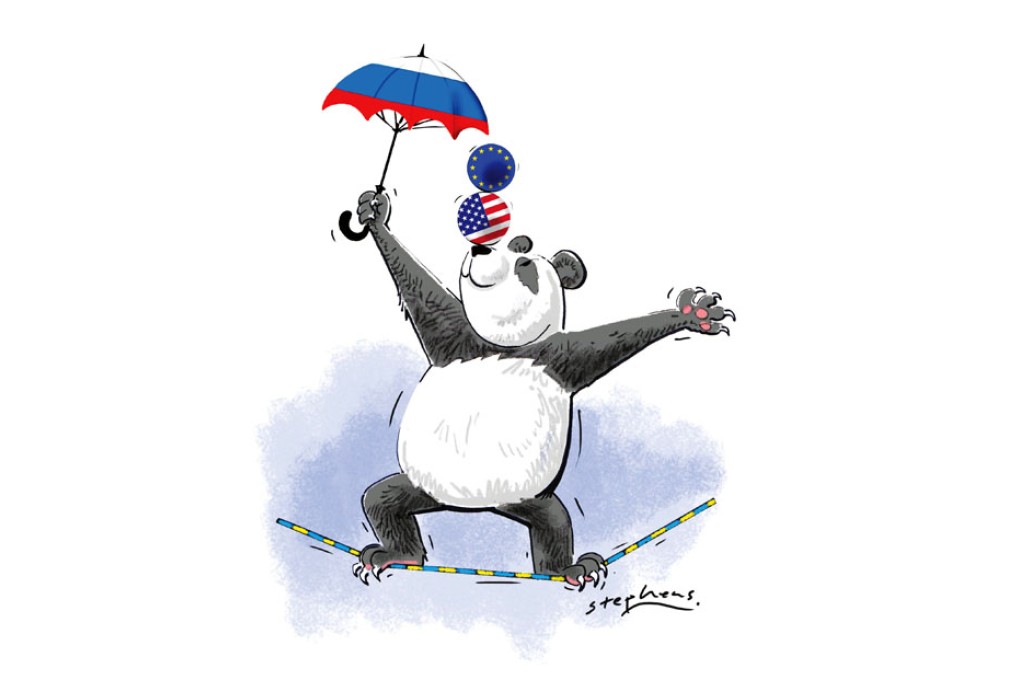Nothing awkward about China's position with regard to Ukraine
Eric Li says far from being left in a bind by the Ukraine crisis, China has been deftly exploiting the situation, in line with its grasp of major-power relations as it seeks to promote a new multipolar world order

Most experts in international relations seem to believe that the developments in Ukraine have put Beijing in an awkward position. With America's pivot to the Asia-Pacific, Russia has grown in strategic importance to China. However, Russia's actions in Ukraine and its absorption of Crimea seem to contravene China's long-held principle of non-interference in the internal affairs of sovereign states.
The secession referendum in Crimea has sensitive implications for China as it deals with its own separatist issues in Taiwan and Tibet . China's equivocal public pronouncements on Ukraine are cited as proof that it is in a bind. However, this is a misreading of China's behaviour.
China is, in fact, exploiting the situation with strategic foresight and tactical agility. Its reaction is also consistent with its nuanced understanding of international relations in general and the Ukrainian crisis in particular.
Beijing has taken a subtle official position. It has asserted the principle of non-interference and respect for Ukraine's territorial integrity while also emphasising that it recognises the complexity of both the historic conditions and the current state of affairs in Ukraine. It should be fairly clear to any foreign policy realist that China's approach is to maintain formal neutrality while providing tacit support to Russia without causing an adversarial rift with the Western alliance.
Even with a Russian veto, China still chose to abstain from the UN Security Council vote on the US-backed resolution condemning the Crimea referendum. This strategy is consistent with China's long-term geopolitical interests.
One of Beijing's overriding strategic objectives is to foster the development of a multipolar world in which US hegemony is checked and China gradually gains the space to reclaim its leadership role in the Asia-Pacific. Russia's re-emergence as a great power 20 years after the collapse of the Soviet Union is conducive to this. America's dominance in global affairs is in relative decline. Its much-touted "pivot to Asia" says as much. After all, one can only pivot to one place at a time. Even before Ukraine, America's pivot seemed to have been redirected back towards the Middle East. Now, no doubt, it has to pivot to Russia. A continuously pivoting superpower serves China's interests.
From the Chinese perspective, whether Russia's actions contradict China's principle of non-interference may not be such an open-and-shut case.